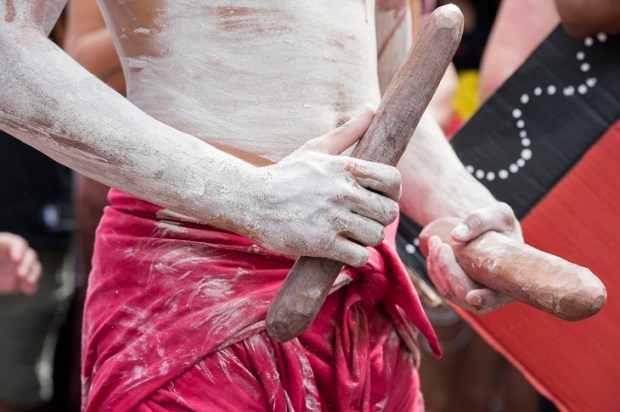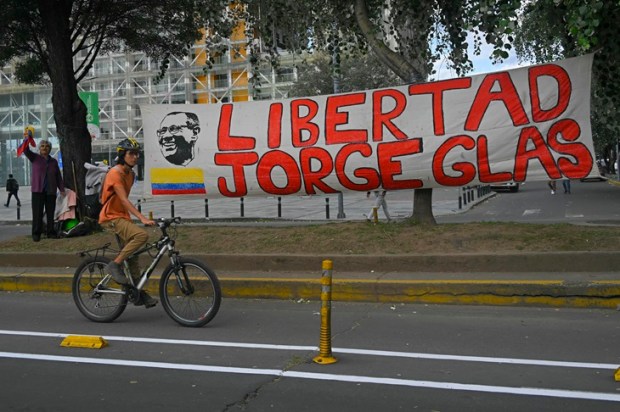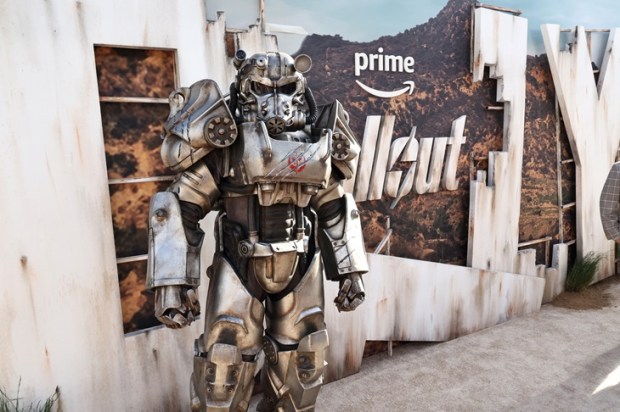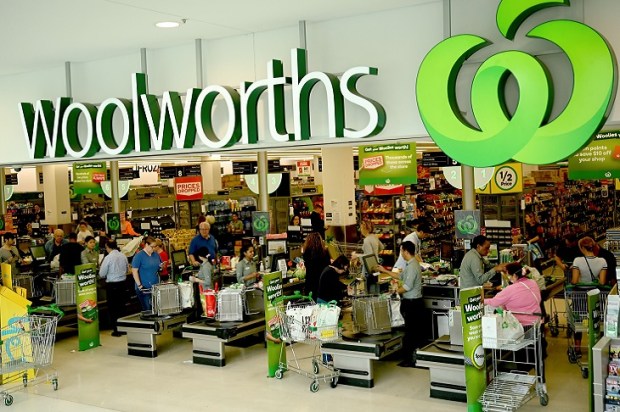Recently, I sat down to interview an Aboriginal Elder from South Australia for the ExCandidates podcast, of which I am a host. Her name is Kerry White, a former nurse and diabetes educator from the Narungga people. The aim of the interview was to determine her views regarding the Indigenous Voice to Parliament.
It was a fascinating interview because it completely deconstructed many fundamental aspects of the current ‘narrative’ surrounding the Aboriginal people.
I say ‘Aboriginal’ because even during the pre-interview phone call I had with Kerry, I made the mistake of using the term ‘Indigenous’.
With no hint of hesitation, Kerry quickly corrected my error and informed me that Aboriginal people prefer to be called Aborigines.
I asked her to expand on this during the interview.
Kerry explained that Indigenous were ‘…anyone native to Australia. Including flora and fauna. If you’re born in Australia, you’re Indigenous.’
‘The other term that they use for us is First Nations,’ Kerry went on to say. ‘First Nations – that’s Canadian. We are not Canadian. We are Aboriginal. We are from Australia and the Torres Strait.’
Why did we move away from the term Aborigines in the first place? Was it a fear of political correctness? Obviously, we were not listening to Elders such as Kerry White. Instead, we have chosen to listen to Woke activists, university lecturers, and inner city elites.
Kerry then went on to explain the divide between Aboriginal ‘mobs’ in rural/remote areas, compared to mobs in city areas.
‘When it comes to Aboriginal people, we have two separate lots,’ she began, educating us again. ‘We have a lot of Aboriginal mobs. Not tribes, not clans. Mobs. That’s an Aboriginal term. [The mobs] are divided into two. And that is rural and remote, and that is separate from the city-ites.’
Could this explain the clear difference in message between Senators Jacinta Nampijinpa Price and Lidia Thorpe, who grew up in Alice Springs and Melbourne respectively?
How will an Indigenous Voice to Parliament adequately represent the concerns of this divide?
Kerry went on to teach us another Aboriginal term – ‘tick-a-boxers’. These represented the people who claimed to be Aboriginal when it is clear they are not. Recent census data points to this.
Since the 1971 census, the number of people identifying as Aboriginal or Torres Strait Islander has risen from 116,000 to over 800,000 – a 590 per cent increase. Even from 2016 to 2021, the national population increased by 8 per cent, but the Indigenous population increased by 23 per cent.
‘There should be some form of identification. Proof that these people claiming to be Aboriginal are actually Aboriginal,’ Kerry began, before recalling how almost twenty years ago, the government scrapped the need for someone to obtain proof that they were Aboriginal.
‘So, if you want to be Aboriginal, all you had to do is tick the box.’
Kerry pointed out that the word Indigenous is included in the official wording of the proposal – the ‘Indigenous Voice to Parliament’. Therefore, one wonders, would simply ‘ticking a box’ to indicate you were Indigenous suffice to be recognised by the new body? What can of worms would that unleash?
It must be frustrating for an Elder like Kerry. How many times have true Aboriginal Elders been asked to comment or contribute to the debate on The Voice? According to Kerry, it is yet to happen for anyone in her community.
For Kerry, her feelings on the Voice to Parliament are clear.
‘It’s a no from me. I say no to The Voice. I don’t want it,’ she replied pointedly.
‘We, the Aboriginal people from rural and remote Australia do not want it.
‘A bit over two hundred years ago, they rounded Aboriginal people up and locked them on missions. So Aboriginal people were segregated from White society. Then we come forward to now – “The Voice” – and they’re segregating us again. They’re taking us back two hundred years.
‘You’re dividing the country again, it’s back to segregation. And frankly, it’s racist towards our White brothers and sisters that live in this land with us.’
Furthermore, Kerry makes the argument that Aborigines are already over-represented in Parliament, thus nullifying the need for a new body such as the Voice.
‘We have eleven Aboriginal members in Parliament, in the Upper and Lower house.’ Kerry begins. ‘That equates to 4.9 per cent representation, Aboriginal representation in Parliament. For 3.2 per cent of the population. With that, we actually have over-representation in Parliament. So why would we need a Voice? Unless they’re saying that our Parliamentary members are not doing their job.’
Does Kerry reflect the thoughts and feelings of all Aboriginal people? Should her statements and explanations concerning Aboriginal people be taken as gospel? Of course not. But that is the point. Can a ‘Voice’ to Parliament represent all the varying ‘voices’ of Aboriginal Australia?
More importantly, is the debate on the Voice taking the focus off the true needs of Aboriginal people? As a nurse, Kerry is well-versed in the issues facing Aboriginal people, especially in remote communities.
‘With Aboriginal people, it’s mostly linked to diabetes. We have a high rate of diabetes amongst Aboriginal people.’ Kerry explains.
‘Heart problems. That began to rise about fifteen years ago. They don’t have access to medical care out there. They don’t have health centres and doctors and all that. They don’t have it. They’ve got to travel sometimes 3-4 hours to get to a doctor, or medical treatment if something should happen out there.’
Kerry White joins Senator Jacinta Nampijinpa Price, along with Senator Pauline Hanson of One Nation, in speaking out against the Voice to Parliament. Their message also stresses the need to unify the Nation, not to divide it along the lines of race. You would think that a study of history would compel anyone to agree.
We already have Parliaments at local, state, and federal levels that attempt to address all the ‘voices’ of society.
According to Kerry White, Senator Price, and surely many other Aboriginal people, this is the way it should remain.
For me, the lesson was that it is always best to go straight to the source, and avoid the mainstream ‘narrative’.
Steven Tripp is a former One Nation candidate for Warringah
Got something to add? Join the discussion and comment below.
Get 10 issues for just $10
Subscribe to The Spectator Australia today for the next 10 magazine issues, plus full online access, for just $10.


























Comments
Don't miss out
Join the conversation with other Spectator Australia readers. Subscribe to leave a comment.
SUBSCRIBEAlready a subscriber? Log in